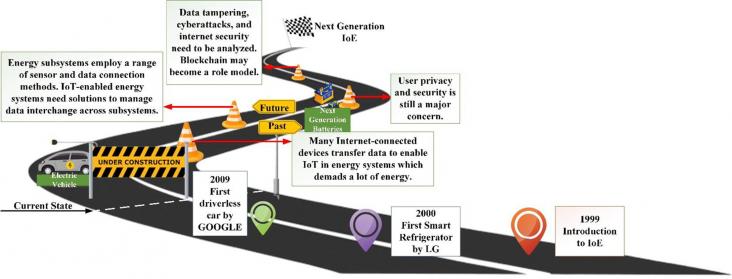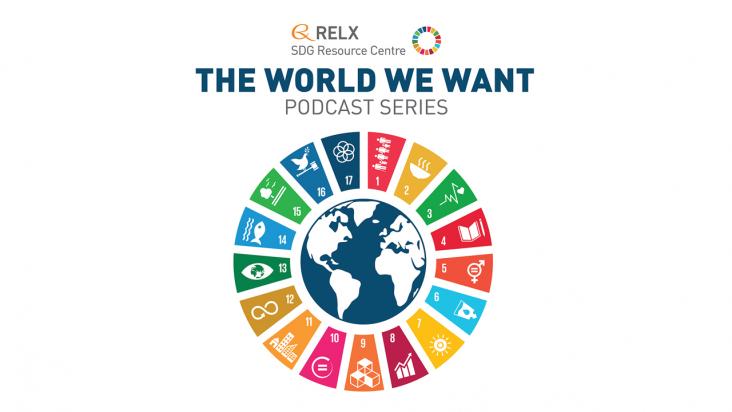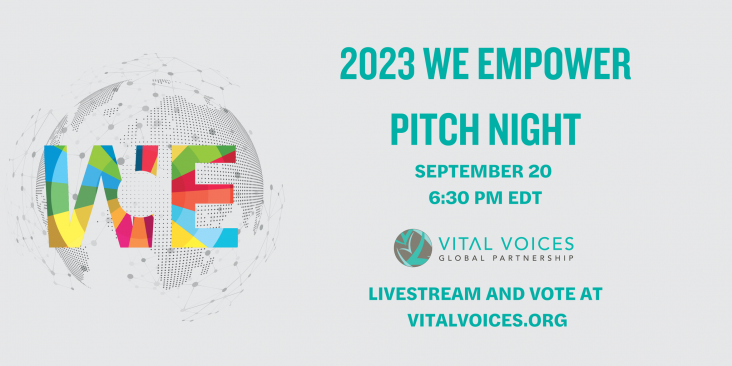Examines social equity dimensions of transport policies, including human rights to mobility and road safety. Assesses different governments' policy approaches in relation to these human rights.

This article supports SDGs 9 and 11 by exploring the technological aspects of the Internet of Things, emphasizing blueprints, complexity, challenges, and future directions to improve performance, network security, and stability.
This article supports SDG 11 by discussing Nature-Based Solutions (NBS) which may offer an unparalleled approach to combining sustainability and resilience while preserving ecosystems.

In The World We Want we explore key themes related to the SDGs: leadership, innovation and youth. Dr. Márcia Balisciano, Global Head of Corporate Responsibility, interviews influencers and thought leaders across disciplines on key topics to achieve the global goals.
This study provides an overview of the species N. Nandus, along with all currently available information on the species.
The study shows the spike glycoproteins of the coronaviruses that are carried by these animals and by humans; they have a number of major structural similarities to one another.
The study shows the results of the large-scale spatial survey for the gelada outside its perceived home range, in the northernmost part of Ethiopia.
UN's Summit of the Future 2024: Paving the Path for SDG Resources
Conservation scientists often aim to modify animal behaviour for management. However, there are ethical/welfare issues associated with this. The authors provide a decision support tool to assess the ethical considerations of modifiy animal behaviour against alternative options

WE Empower Pitch Night, hosted by Diane von Furstenberg, will be a dynamic evening event bringing together top business leaders, the media and other key influencers to participate in an innovative
